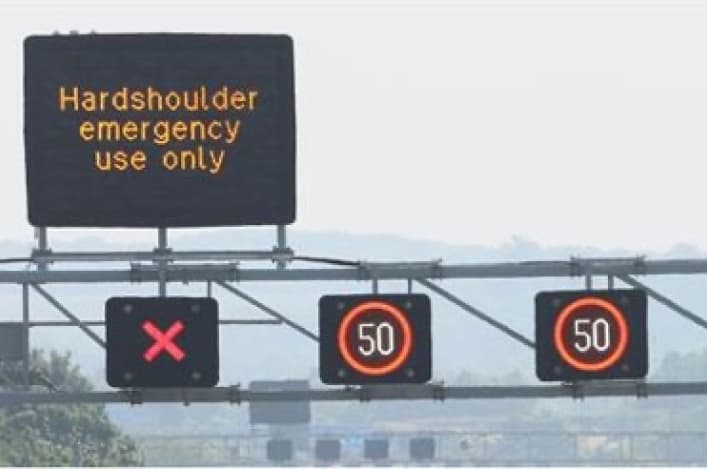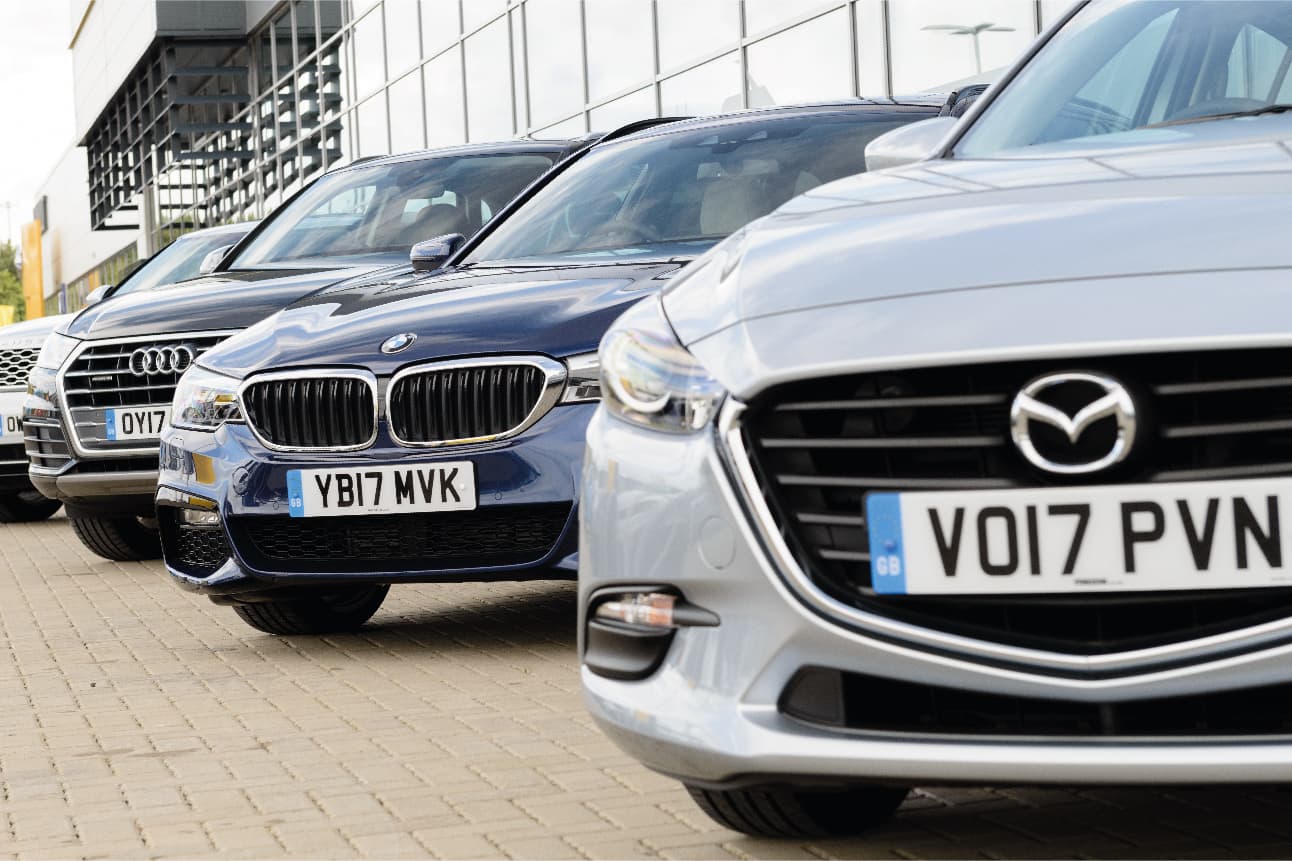15 October 2019
Motoring taxation must be reformed as the UK transition to electric vehicles
Motoring taxation must be radically reformed over the coming years as Government revenues fall with the transition to electric vehicles.

Summary:
- House of Commons Transport Committee says it wants to “to start a national debate about road pricing
- Prime Minister Boris Johnson is said to be pressing for fuel duties to be cut by 2p per litre in the upcoming Budget.
- Issues to be considered by the Committee will include: pros and cons of road pricing including the economic, environmental, and social impacts.
Notably fuel duty should be replaced by road pricing and emissions-based company car benefit-in-kind tax change to a regime that taxes the value of a car to an employee.
Those are the headline conclusions of the Institute for Fiscal Studies (IFS), Britain’s leading independent microeconomic research institute, in a chapter, ‘A Road Map for Motoring Taxation’ from its Green Budget.
Meanwhile, the House of Commons Transport Committee says it wants to “to start a national debate about road pricing” in advance of an inquiry to be formally announced in early 2020, when MPs will invite views from across the country from drivers and non-drivers alike about the future of road-based transport and investigate whether national road pricing should play a part.
Taxes on motoring raise around £40 billion a year for the exchequer. Most of the cash comes from fuel duties, which in 2019/20 are expected to raise £28 billion plus an additional £5.7 billion from the VAT payable on the duties. A further £6.5 billion is raised from vehicle Excise Duty.
Prime Minister Boris Johnson is said to be pressing for fuel duties to be cut by 2p per litre in the upcoming Budget. That is calculated to cost £1 billion a year in lost revenue on top of the £5.5 billion lost since 2010/11 arising from the failure to increase rates in line with CPI inflation.
However, the economic think-tank says that the Government’s commitment to reaching zero net emissions by 2050 means that revenue from fuel duties will “completely disappear” over the next three decades leaving ministers with “a huge long-run fiscal challenge”.
Transport Committee chairman Lillian Greenwood said: “We cannot ignore the looming fiscal black hole. We need to ask how we will pay for roads in the future and in answering that question we have an opportunity for a much wider debate about our use of road space, cutting carbon emissions, tackling congestion, modal shift and how we prioritise active travel. This isn’t about pricing drivers off the road.”
Arguing that a system of road pricing with charges varying by time and location was the long-term solution - and the best way to incorporate the costs of congestion into prices paid by drivers - the IFS says as “a stepping stone” the Government could introduce a flat-rate tax per mile driven. That, it says, would “at least continue to raise revenue and discourage driving once alternatively fuelled vehicles replace petrol and diesel ones”.
In a world of variable road pricing according to when and where journeys take place, the IFS says that people driving in busy locations would pay more, but the majority of journeys would be taxed less heavily than at present.
Meanwhile, turning to company car benefit-in-kind tax, which saw HM Treasury collect some £2.3 billion in tax and National Insurance contributions in 2017/18, the IFS says “there is no good justification” for exempting employees from paying National Insurance on the benefit adding: “Remuneration should be subject to the same taxes, at the same rates, whether provided in cash or kind”.
As the existing company car benefit-in-kind tax regime did not impact on vehicle usage, the IFS concluded that “it is hard to see a role for emissions-based company car taxation” if the Government can set fuel taxes and the Vehicle Excise Duty ‘showroom tax’ appropriately. Therefore, it concludes: “Income tax and National Insurance should be levied, at the taxpayer’s marginal rate, on the value to the employee of having the use of the car for a year.”
Rebekah Stroud, co-author of the report and a research economist at the IFS, said: “Revenues are set to disappear entirely over coming decades as we transition to electric cars. The Government should set out its long-term plan for taxing driving, before it finds itself with virtually no revenues from driving and no way to correct for the costs - most importantly congestion - that driving imposes on others.”
Stressing that there was “an advantage” in the Government acting quickly, the report says: “It will be much harder politically to introduce such taxes only after revenue from fuel duties has fallen much further and many people are driving hybrid or electric cars in the expectation of paying little tax on them.”
The report also says that the only justification for retaining Vehicle Excise Duty on car ownership was if the Government ruled out using fuel duties to raise revenue in its place.
It has been almost a decade since the last real discussion of national road pricing - since the then Labour Government’s road pricing plans were abandoned.
Issues to be considered by the Committee will include: pros and cons of road pricing including the economic, environmental, and social impacts. It will also look at the lessons that can be learned from existing schemes at the national level, local level, and overseas. However, it said that road pricing did not only mean tolls, but included congestion charges, an HGV levy, workplace parking levy, low emission and clean air zones.
Further information is available at:
https://www.ifs.org.uk/uploads/Green-Budget-2019-Chapter-9-A-roadmap-for-motoring-taxation-2.pdf


